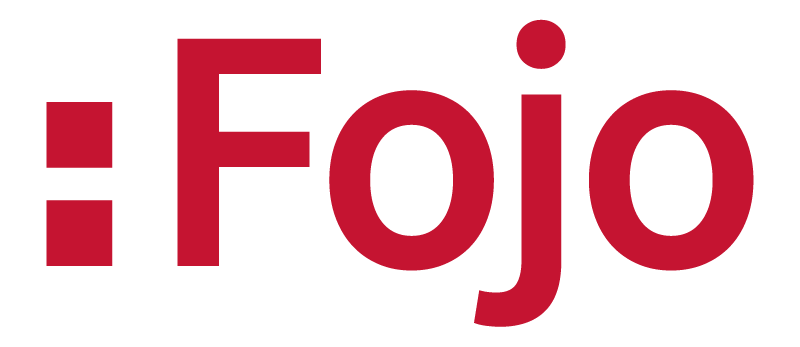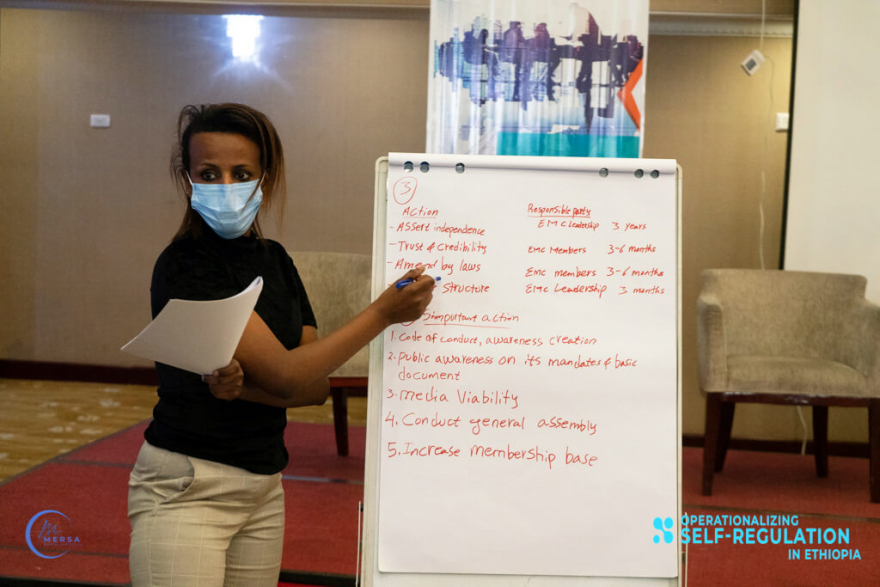Fojo and IMS will further support the historic media reform process for Africa´s second largest population
The Ethiopian parliament approved a proclamation on 2 February to install new liberal media laws in the country. Although some elements in the legal framework are still not implemented, the passing of new laws is an important landmark for the reform process started by the Prime Minister Abiy Ahmed in 2018.
In the past year, media freedom in Ethiopia has been the subject of major setbacks due to political unrest, ethnic tensions, violent conflicts that have led to assaults and killings of journalists, imprisonment of editors and media owners and closure of regime-critical media. Shutting down the internet and a reluctance to provide access to information have cast doubt on the Abiy regime’s intentions and real willingness to create freedom of expression and a better framework for operating free media in the country.
The adoption of the new media law is a step in the opposite direction. The legislation is broadly inspired by the most solid media laws on the African continent, such as South Africa and Kenya.
Legislation working towards reform
The Swedish-Danish media program in Ethiopia, Media Reform in a Time of Change – Promoting Journalism and Democracy, has in recent years supported the media legislation process and supported the work of getting the media sector parties and the Ethiopian government united in a common cause.
The program, which was developed and implemented by the Danish IMS (International Media Support) and the Swedish Fojo Media Institute (Fojo) and supported by Swedish and Danish development assistance funds, is central to the process of supporting the independent Media Law Reform Working Group (MLRWG), which has formulated most of the legal texts as input to the reform. The former head of MLRWG, Solomon Goshu, is today the Programme Officer for IMS-Fojo responsible for the media reform component of the programme.
“I strongly believe that this piece of legislation is a key part of the reform process. Ethiopia’s policy and legal framework on the media had serious flaws that crippled the political space and the development of the media sector,” says Solomon Goshu.
The regulatory, administrative and political measures under the former rule of Ethiopian People´s Revolutionary Democratic Front (EPRDF) crippled the ability of the media to function as an independent watch dog institution. As a result, freedom of expression and the media were among the most violated rights in Ethiopia until recently. Over the past two years, however, there have been some significant legal and political developments that paved the way for media law reform in Ethiopia. The important Access to Information bill is still not processed and approved by the government, and it is uncertain if it will happen before the upcoming, postponed parliamentary election set for 5 June.
A leap forward
Despite some notable signs of regression, the government has demonstrated some commitment to improving the democratic space through legislative and other necessary measures. The major part of reforming the media laws in Ethiopia included amending the hitherto applicable Freedom of Mass Media and Access to Information Proclamation and the Broadcasting Service Proclamation.
“The media law reform initiative in general, and the process of drafting the new media laws, was very open and participatory,” says Solomon Goshu. “The new law was prepared in line with international human rights instruments, the 1995 Federal Democratic Republic of Ethiopia (FDRE) Constitution and the democratic principles in media regulation. It is worth mentioning that international partner by acquiring the services of two renowned international consultants, Toby Mendel and Justine Limpitlaw, and their contribution was very useful in terms of international standard.”
“Overall, the new law introduces major changes in relation to the independence of the media regulatory body; the media self-regulatory mechanism; media ownership rules, registration and licensing requirements and procedures; the rights and obligations of the media; and administrative and legal measures for violations of the law and content standards in particular. Mainly, it introduces institutional restructuring; takes technological development and changes into account; and tries to strike a balance between the freedom and autonomy of the media on the one hand and their obligations and responsibilities on the other hand. Among other things, the new Media Proclamation has provided for the decriminalisation of defamation.”
International Programme Manager Sören Östergaard Sörensen, who manages IMS’s and Fojo’s media development activities in Ethiopia, believes that the new media law is a big leap forward for Ethiopia.
“With the violent unrest in the past year and the many delays in media reform work, we were becoming increasingly worried about whether the development would turn in the completely wrong direction. However, the adoption of the legislation shows that the Abiy regime is still committed to improving freedom of speech and conditions for free media in the country,” says Sören Östergaard Sörensen, cautioning against believing that everything is in place and that the media situations in Ethiopia are suddenly being totally changed. That is far from the reality.
“The changes in Ethiopia have happened in rapid jerks back and forth in the last three years, but the new media law will not with a magic wand transform the media sector, which consists of very weak institutions, poorly developed journalism, an economically very small media market and a very limited number of viable professional media outlets. Our development program is long-term, and we will support the capacity building of media, institutions, journalism and media management at a pace fitted to the needs and abilities of our Ethiopian partners. In a country with very limited historic experience with journalism and free media, one must refrain from having unrealistic ambitions. Although today is a breakthrough, in the coming years we will also celebrate small victories and small steps in the right direction.”
Establishing mechanisms and collaborations for self-regulating media
The announcement of the adoption of the new media law took place at the same time as key actors for Ethiopian media and institutions gathered for the first major event where the actors discussed how to establish mechanisms and collaborations for self-regulating media. The event was implemented by Mersa Media Institute in collaboration with and supported by the Fojo-IMS programme.
The operationalisation of media self-regulation is a key element of the Fojo-IMS programme. Several activities and collaborations are created with support from the programme including inspiration from, among others, African best practice countries.
The event held in Addis Ababa was a landmark with promising constructive discussions between the media professionals and the official Ethiopian Broadcast Agency (EBA). Besides building capacity and the ability to cooperate within the sector and between Ethiopian government authorities and the sector demand mutual trust, Sören Östergaard Sörensen was encouraged by the open discussions at the Media Self-regulation event.
“The new media laws enable the media and the media’s own institutions, such as associations for journalists, editors and media owners, to take responsibility for influencing and regulating the media’s framework conditions, media ethics, education and general strengthening of the sector and media sustainability financially and qualitatively. This is a big responsibility to take on, and it will not be an easy process to create a lasting and effective collaboration on this. Therefore, we will do our best to strengthen the new institutions and the cooperation between them, knowing that this is a very long-term job,” says Sören Östergaard Sörensen.



